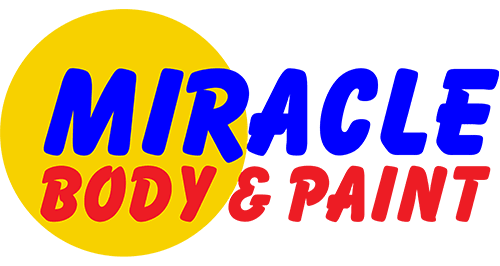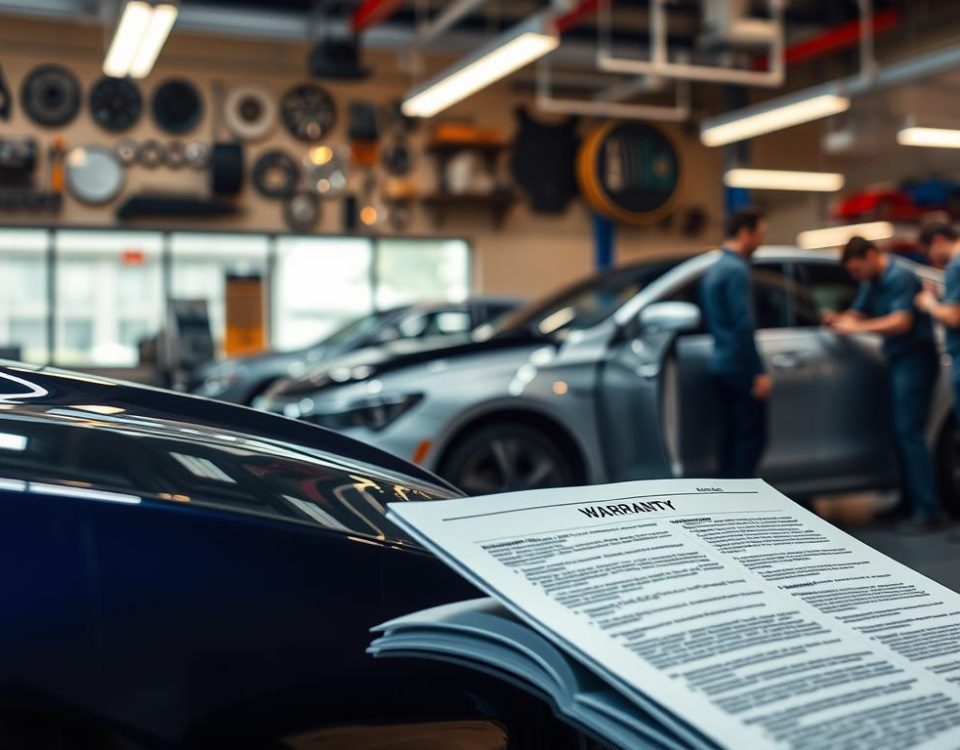
Green Repairs: Minimizing the Environmental Impact

Detecting and Addressing Frame Damage in Auto Repairs
Filing an insurance claim for repairs can be a daunting task, with various challenges and complexities that can make the process overwhelming. It is important to have a comprehensive understanding of the insurance claim journey and practical strategies to overcome challenges. Thoroughly reading and understanding your insurance policy is crucial to avoid any setbacks. Identifying covered perils and exclusions and seeking clarification when needed can help set realistic expectations. It is also important to ensure adequate coverage for your specific damages to avoid underinsurance. Effective documentation, including a detailed inventory of damaged contents and visual evidence such as clear photographs and videos, is crucial for strengthening your claim. Proactive steps, such as timely property maintenance and mitigation measures, can help prevent further loss. Building strong channels of communication with your insurance company and maintaining open and consistent communication are key. Following up and staying engaged with your claim’s progress is crucial to address any issues promptly. In complex cases, seeking professional assistance from public adjusters or other experts can greatly benefit your claim’s success.
Key Takeaways:
- Thoroughly read and understand your insurance policy to avoid setbacks.
- Identify covered perils and exclusions to set realistic expectations.
- Ensure adequate coverage for specific damages to avoid underinsurance.
- Document damaged contents and provide visual evidence for a stronger claim.
- Take proactive steps to prevent further loss, such as timely maintenance and mitigation measures.
For more information on handling insurance claims for repairs in San Antonio, and finding a reliable auto body shop or collision center, continue reading our comprehensive guide.
Prompt Reporting and Evidence Gathering: Key Steps After a Car Accident
After a car accident, prompt reporting and evidence gathering are crucial for a successful insurance claim. The first step is to immediately notify your insurance company about the incident, as most policies require immediate reporting. This ensures that the claims process can begin promptly and any necessary investigations can take place.
Next, it is essential to gather evidence from the accident scene. Take clear photographs of the damage to your vehicle, the position of the vehicles involved, and any relevant road conditions. Additionally, obtain contact information from any witnesses who may have seen the accident occur. This information can be vital in supporting your version of events and establishing liability.
Seeking prompt and comprehensive medical attention is also important, even if your injuries seem minor. Some injuries may not be immediately apparent, and delaying medical treatment can negatively impact your health and your claim. Keep a record of all medical bills and appointments, as well as any diagnoses or treatment recommendations from healthcare professionals.
Throughout the claims process, clear and accurate communication with your insurance company is essential. Avoid speculating about the cause of the accident or admitting fault, as this could potentially impact the outcome of your claim. Maintain comprehensive documentation of all correspondence with insurance adjusters, ensuring that you have a clear record of the progress and details of your claim.
Ensuring Quality Repairs and Protecting Your Vehicle’s Value
When it comes to getting your car repaired after an accident, we understand the importance of ensuring high-quality workmanship that protects your vehicle’s value. Selecting a reputable body shop is crucial to avoid subpar repairs that could negatively impact your car’s resale value or lead to future issues.
While insurance companies may recommend preferred shops, it’s essential to do your homework and choose a repair facility with a solid reputation. Researching customer reviews and ratings can provide valuable insights into a shop’s track record. Additionally, you have the right to select your own mechanic, so long as they meet the necessary qualifications and can provide the required repairs.
During the repair process, it’s important to consider the type of parts being used. Original Equipment Manufacturer (OEM) parts, supplied by the vehicle’s manufacturer, often come with warranties or guarantees. In contrast, aftermarket parts, while more affordable, can vary in quality. Depending on the nature of the repair and its impact on your car’s resale value, you may want to discuss the use of OEM parts with your insurance company. Understanding the certification of aftermarket parts by the Certified Automotive Parts Association (CAPA) can also help you make an informed decision.
Lastly, protecting your car’s value extends beyond the immediate repairs. Proper documentation of the repair process, including receipts, invoices, and any warranties, is crucial for future resale value. In the event of disputes or issues, seeking advice from an attorney experienced in automotive matters can provide the necessary guidance to protect your rights and ensure a fair settlement.
FAQ
What should I do after a car accident?
After a car accident, it is important to promptly report the incident to your insurance company, gather evidence by documenting the accident scene, obtain contact information from witnesses, and obtain a copy of the police report.
Why is seeking medical attention important after a car accident?
Seeking prompt and comprehensive medical attention, even for seemingly minor injuries, is important for both your well-being and your insurance claim.
How should I communicate with my insurance company after a car accident?
Clear and accurate communication with your insurance company, avoiding speculation or admitting fault, is essential for your claim’s success.
What documentation should I maintain for my car insurance claim?
Maintaining comprehensive documentation, including medical bills, car repair estimates, and correspondence with insurance adjusters, helps substantiate your claim and negotiate a fair settlement.
Can I choose my own mechanic for car repairs after an accident?
While insurance companies may recommend preferred shops, they may still allow you to select your own mechanic with proper research.
What is the difference between OEM parts and aftermarket parts?
OEM parts, sold by the vehicle’s manufacturer, often come with warranties or guarantees, while aftermarket parts can vary in quality.
How can I protect my vehicle’s value during the repair process?
Choosing a reputable shop for quality repairs and proper documentation is essential for protecting your car’s value and ensuring a fair settlement.



